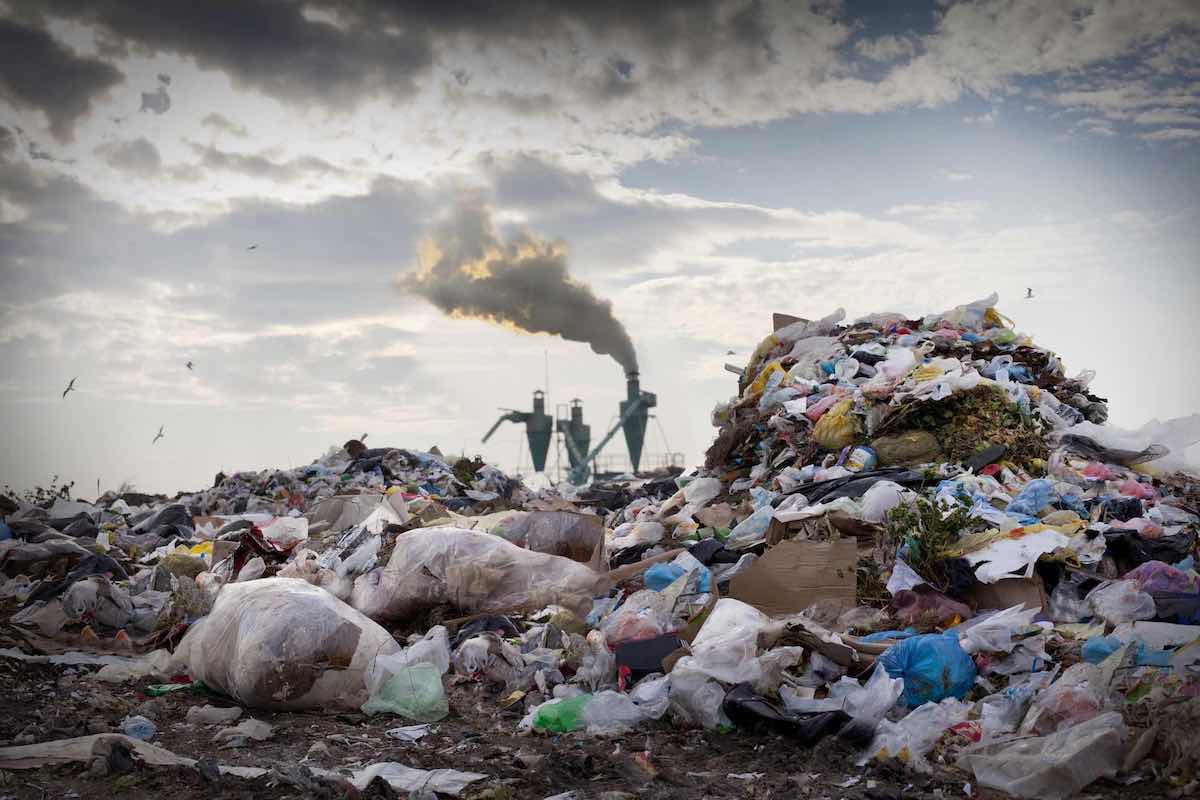Human activity has a significant impact on the environment, causing various environmental problems worldwide. From climate change to deforestation, humans contribute to these environmental issues through their actions. Deforestation is a global environmental issue resulting from commercial logging, urbanization, mining, and agriculture. Air pollution and water pollution are significant problems affecting the environment and human health. Humans generate tons of waste every day, leading to environmental pollution and health hazards. Overconsumption, energy consumption, and urbanization are also among the top ten ways humans are impacting the environment. However, it is not too late to reverse some of these effects by adopting sustainable practices and supporting environmentally responsible companies. Together, we can create a better and more sustainable future for generations to come.
10 Ways Humans are Impacting the Environment
It is no secret that human activity has a significant impact on the environment. From pollution to deforestation, our actions have caused various environmental problems worldwide. However, it is not too late to reverse some of these effects by taking collective actions. Here are ten major ways humans are impacting the environment today:
1. Climate change
Climate change is one of the most discussed issues today, caused mainly by human activities such as greenhouse gas emissions, deforestation, and using non-renewable energy sources. Climate change leads to extreme weather conditions, natural calamities, and loss of biodiversity.
2. Deforestation
Deforestation is a global environmental issue resulting from commercial logging, urbanization, mining, and agriculture. Forests play a crucial role in regulating the climate, harboring biodiversity, providing timber, and sustaining livelihoods for people. However, deforestation leads to loss of habitat for wildlife, soil erosion, and contributes to climate change.
3. Air Pollution
Air pollution is a significant problem affecting the environment and human health. Humans contribute to air pollution through the use of fossil fuels, industrial activities, and transportation. The effects of air pollution include respiratory infections, lung cancer, heart disease, and a reduction in crop yields.
4. Water Pollution
Water pollution is another significant environmental issue caused mostly by human activities. Industrial waste, plastic waste, and agricultural runoff pollute the water bodies, reducing water quality, which harms aquatic life and human health.
5. Ozone Depletion
Ozone depletion is the thinning of the ozone layer in the earth’s atmosphere, caused by the release of ozone-depleting substances such as chlorofluorocarbons (CFCs) and hydrochlorofluorocarbons (HCFCs). The thinning of the ozone layer leads to increased exposure to harmful ultraviolet radiation, resulting in skin cancer, eye problems, and immune system impairments.
6. Loss of Biodiversity
The loss of biodiversity is one of the significant environmental issues resulting from human activities. Humans cause biodiversity loss through deforestation, habitat destruction, environmental pollution, and overfishing. The effects of biodiversity loss include reduced ecosystem services, reduced resilience to environmental changes, and destabilization of food production.
7. Waste Disposal
Humans generate tons of waste every day, leading to environmental pollution and health hazards. The improper disposal of waste causes land pollution, water pollution, and air pollution. Waste disposal contributes to climate change through the release of greenhouse gases from landfills and waste incineration.
8. Overconsumption
Overconsumption refers to the consumption of goods and services beyond what is necessary, resulting in the depletion of natural resources, environmental pollution, and waste generation. Overconsumption has a massive environmental impact, leading to resource depletion, extinction of species, pollution, and climate change.
9. Energy Consumption
Humans’ consumption of non-renewable energy sources such as coal, oil, and gas has a significant impact on the environment. Energy consumption contributes to climate change, air pollution, water pollution, and habitat destruction. The use of renewable energy sources such as solar, wind, and hydroelectric power reduces the impact on the environment.
10. Urbanization
Urbanization is the process of population movement from rural to urban areas, leading to land conversion, habitat destruction, and environmental pollution. Urbanization impacts the environment through increased energy use, transportation, and waste generation. Urban planning can help to reduce the environmental impact of urbanization.
Conclusion
Humans are the primary cause of various environmental problems worldwide. However, there are ways we can reduce our impact on the environment by adopting sustainable practices such as using renewable energy, reducing waste generation, conserving biodiversity, and supporting environmentally responsible companies. Together we can create a better and more sustainable future for the generations to come.
